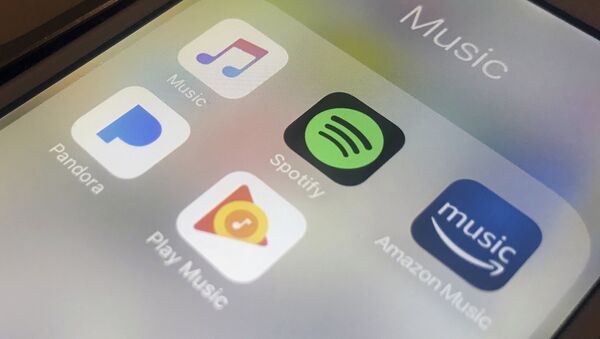Both music industry groups sent a letter US Intellectual Property Enforcement Coordinator (IPEC) Vishal Amin, asserting that legislative changes should be made to “help legal authorities and third parties better protect intellectual property rights,” cited by Motherboard.
“These include fixing the [Digital Millennium Copyright Act (DMCA)], making it a felony to knowingly engage in unauthorized streaming of copyrighted works and investigating the positive impact that website blocking of foreign sites has in other jurisdictions and whether US law should be revised accordingly,” the entertainment industry trade group suggested.
The US government attempted to block some websites in 2011, but in doing so the US Department of Homeland Security (DHS) accidentally shuttered 84,000 innocent URLs in the course of a single copyright enforcement effort.
In 2012, the DHS and proponents of the DMCA faced massive protest after the entertainment industry proposed two acts attempting to force ISPs to censor websites decreed by the industry trade groups as hosting infringing content.
Experts say imposing domain-level blacklists on sites is problematic as not only are filters easily bypassed, but making infractions a federal offence will — at the least — burden an already-burdened US judicial system with frivolous lawsuits.
“DNS blocks are easy to circumvent, because site operators can just register a different domain name in the same top-level domain or move to a different top-level domain,” University of Idaho law professor Annemarie Bridy told Motherboard.
READ MORE: India Bans Porn Websites, Experts Caution against Content Migration
“It will always be a game of cat-and-mouse, with no real permanent effects,” Bridy noted of attempts to censor ISPs.
“That’s what we’d expect them to do as lobbyists for the music industry,’ she noted, “and that’s what they do,” cited by Motherboard.
Other copyright experts consider developing better legal alternatives to piracy a more vital decision that simple blocking of websites.
“[It will] only incentivize bad actors to find new avenues to disseminate infringing content,” said copyright expert Sasha Moss, adding that the only way to limit outright piracy is “to create legal and accessible options for sharing content online.”
“SOPA/PIPA [previously proposed draconian copyright legislation] was riddled with problems and it would be nonsensical to go down that road again,” Moss said.
Meredith Rose, a lawyer for consumer group Public Knowledge, said that the costs of introducing harsh new legislation would be enormous, particularly as the proposed laws would disadvantage smaller competitors.
“In the end, there's a very real risk that you end up increasing the concentration of market power because the dominant player is the only one who can afford to bear the new costs of the law,” Rose warned, adding that “it's not always clear that the benefit from the law offsets the harms from increased concentration.”




